Non-Surgical Blog
Kids, Bones, Joints & Obesity
October 22, 2021

October 19 is World Pediatric Bone and Joint (PB&J) Day. At Chattanooga Non-Surgical Orthopedics one of our goals is to educate our patients as well as provide options for healing and so this week, we reflect on your kids and their health.
Kids and teens suffering from obesity are at much higher risk of developing bone and joint problems. Healthcare providers, parents and patients should look for the following problems, as finding them early allows for better treatment and may prevent lifelong problems that can interfere with comfort and the ability to lead an active life: Pain in the Back or Hips, Bowed Legs and Knock Knees.
Parents and patients should look for the following problems, as finding them early allows for better treatment and may prevent lifelong problems that can interfere with comfort and the ability to lead an active life.
Back pain is more common in obese children. Pain often improves with treatment, such as physical therapy and modifying activities. Tests such as MRIs are not usually needed, but persistent back pain may require X-rays. Our team at Chattanooga Non-Surgical Orthopedics can determine what is needed based on your child’s specific needs.
Pain in the groin or inside of the thigh and knee may mean that there is a significant problem with the growth plate of the hips. Pain when rotating the leg may be present. If the child has to rotate the leg outward when flexing the hip up to sit, this may also mean the growth plate of the hip is injured. If experiencing pain in these areas, contact us. Early diagnosis may allow for early treatment and prevent lifelong arthritis and the need for surgery.
While some bowing of the legs is common until about 2 years of age, worsening of the bowing is never normal. Look at the distance between the knees when you put the child’s ankles together. If the distance is increasing, contact Chattanooga Non-Surgical Orthopedics. A standing X-ray of the legs usually indicates if there is a problem or not. Early diagnosis may allow for a much less severe surgery or bracing, while diagnosis after your child is done growing can lead to lifelong arthritis.
It is normal for children to have mild knock knees, especially if they have large thighs. Obesity can make knock knees worsen and can cause arthritis of the knees. If the knock knee appears to be worsening, let us know. If your child is still growing, there is a treatment available using your child’s growth to straighten the legs.

Search our blog posts: